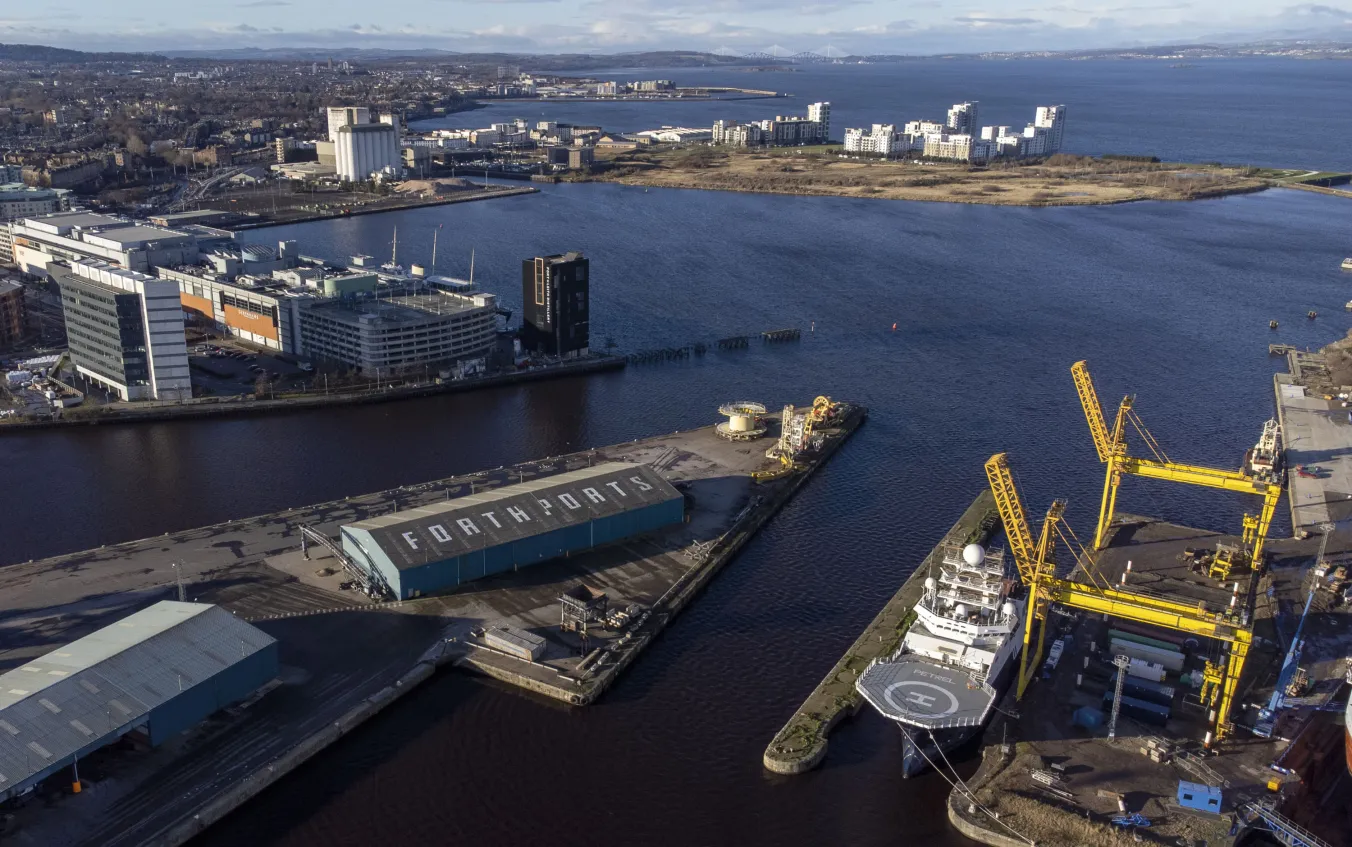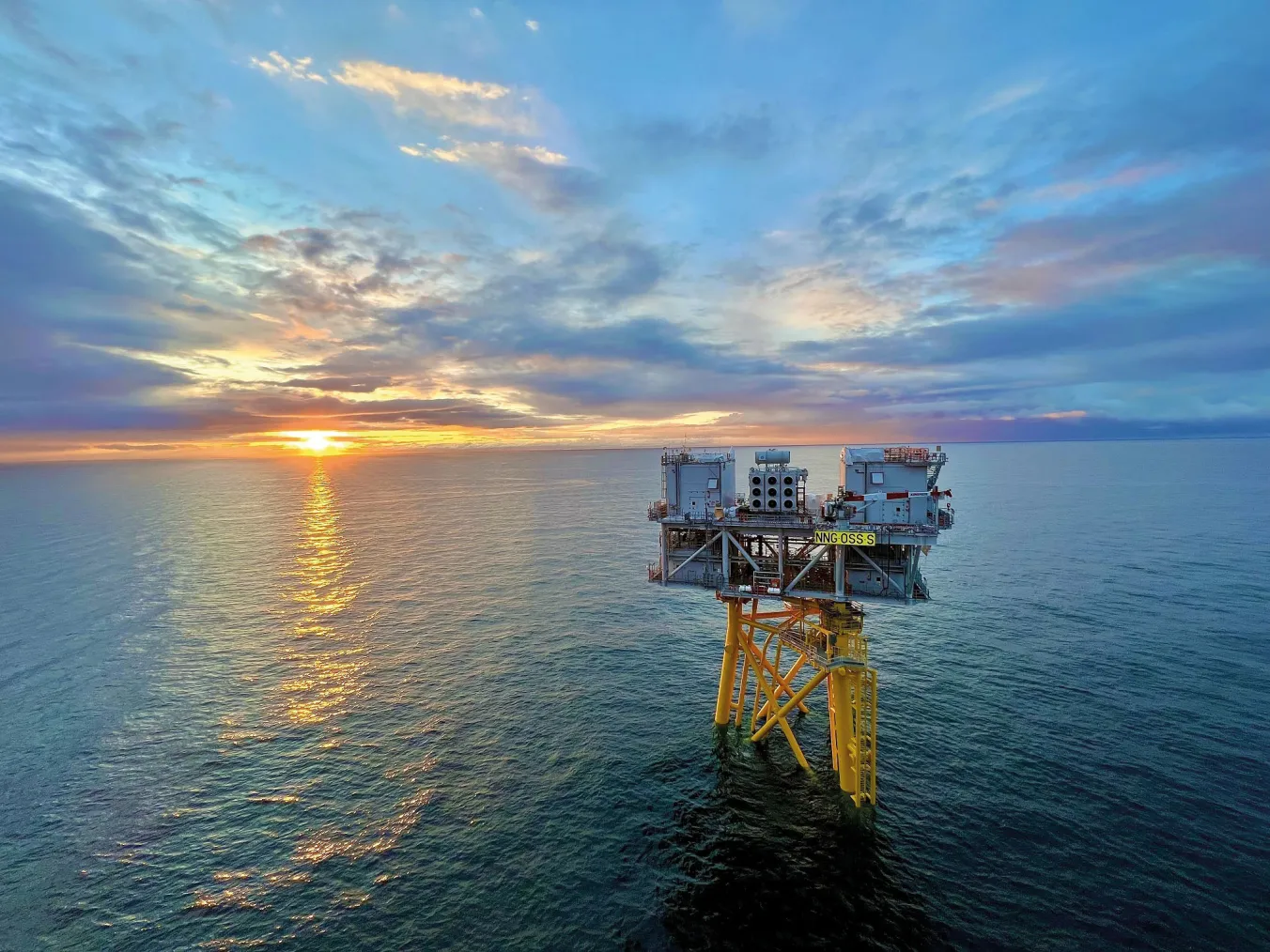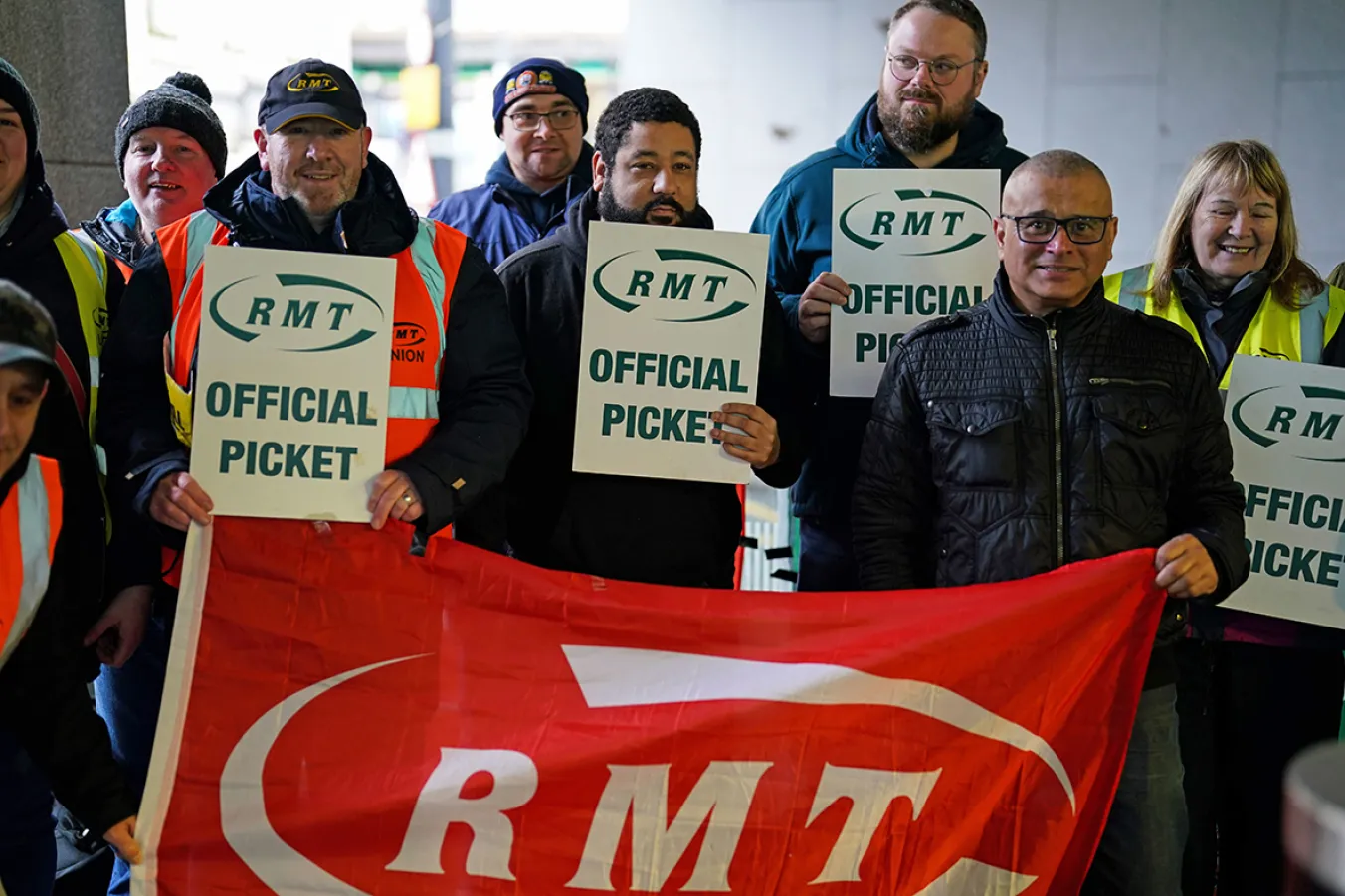The proxy war in Ukraine is heading to a denouement with the US and Russia dividing the spoils while the European powers stand bewildered by events they have been wilfully blind to, says KEVIN OVENDEN
Privatised ports a hindrance to economic development
KENNY MacASKILL argues that ports are a local community assets and as such should be governed by corresponding municipalities or even nationalised

FREEPORTS are rightly in the public eye but what about port ownership? That has had much less publicity but is often equally insidious.
Freeports are of course a shameful tax dodge, undermining workers’ rights and distorting our economy. They’re also a licence for organised crime.
As a former justice secretary, I previously chaired the Scottish Anti-illicit Trade Group, an amalgam of public and private organisations to address illicit and counterfeit trade.
More from this author

Dire times ahead as the collective energy debt in the UK now amounts to £3.1 billion, writes KENNY MACASKILL

The wind energy boom in Scotland is not going to Scotland — why are we allowing both the jobs and the energy being produced go to foreign companies, asks KENNY MACASKILL MP
Similar stories

The wind energy boom in Scotland is not going to Scotland — why are we allowing both the jobs and the energy being produced go to foreign companies, asks KENNY MACASKILL MP

From defending Scotland’s ticket offices to making the case for a People’s CalMac, my union will be standing firm across the rail and maritime industries, says MICK LYNCH










